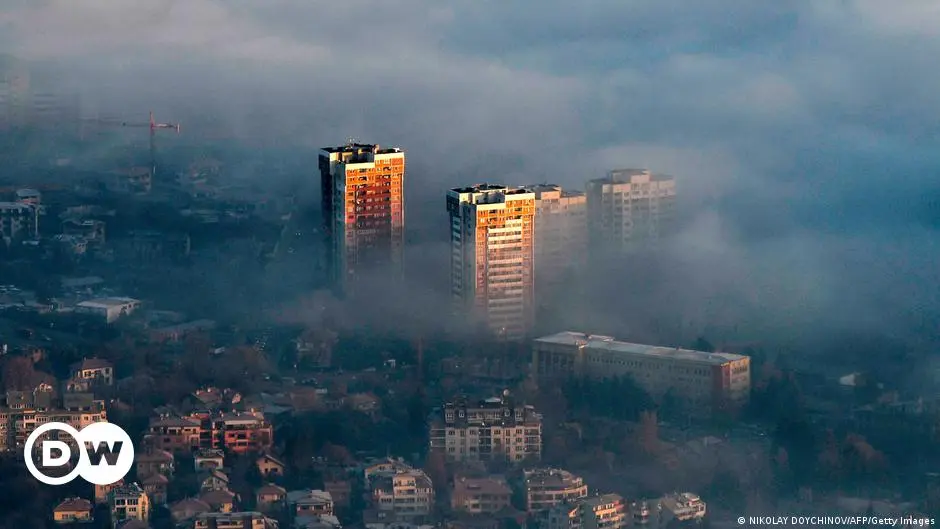This is the best summary I could come up with:
Virtually everyone in Europe lives in polluted towns and cities where annual average levels of fine particulate matter are higher than the World Health Organization's (WHO) recommended limit.
The European Parliament's Environment Committee had suggested adopting the WHO recommendations, which are stricter at five micrograms of fine particulate matter per cubic meter of air.
Geography is partially to blame: the region is surrounded by mountains and pollution created by heavy traffic, industry, agricultural emissions and residential heating is trapped in the area.
A study published in the science journal The Lancet used pollution data from 2015 to estimate that around 10% of deaths in cities like Milan could be prevented if average PM 2.5 concentrations dropped by around 10 micrograms per cubic meter.
"On top of having a negative geographical situation, we've been doing exactly the opposite of what we should do," said Anna Gerometta, a lawyer and president of Cittadini per l'Aria, an NGO that advocates for stricter air quality policies in Italy.
In Italy, environmental campaigners have noticed a similar problem in bridging a gap between science and daily life: "People don't understand the issue with air pollution.
The original article contains 1,206 words, the summary contains 176 words. Saved 85%. I'm a bot and I'm open source!


